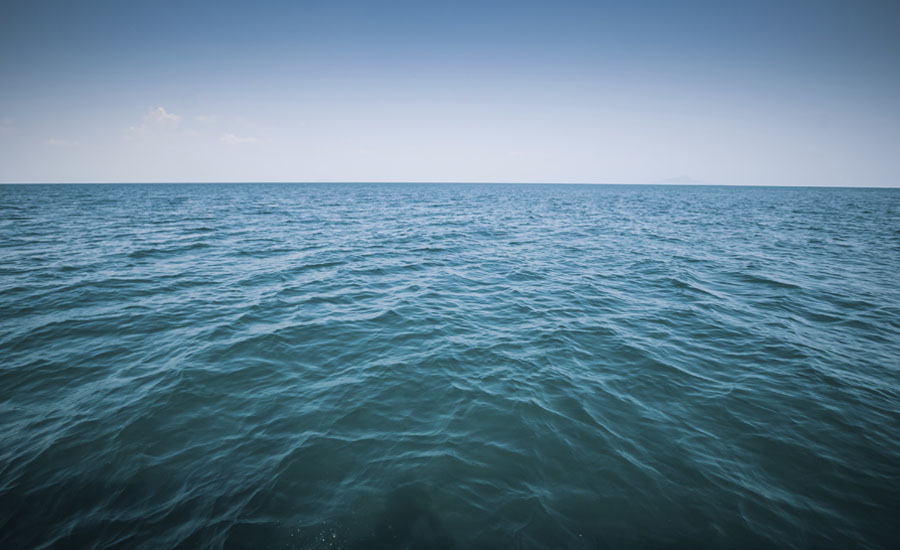Canada will follow the European Union in banning some single-use plastics like straws, bags and cutlery, according to an announcement yesterday by Canadian Prime Minister Justin Trudeau.
A statement by the government accompanying the announcement notes that without such a prohibition, Canadians will throw away an estimated $8.3 billion worth of plastic materials each year by 2030. Less than 10 percent of the plastic used in Canada gets recycled.
The ban is expected to go into effect by early 2021, to allow time for a "science-based" decision on exactly which plastics are harmful to the environment and human health.
The European Parliament voted earlier this year to ban a number of single-use plastic products.
About plastic
The EPA estimates that only 12 percent of plastic waste gets recycled. Plastic bags and Styrofoam containers that are sent to landfills may take thousands of years to decompose, because plastics do not biodegrade. Landfills aren’t the only recipients of plastic. The environmental advocacy group Oceana says “tens of thousands of individual marine organisms have been observed suffering from entanglement or ingestion of plastics permeating the marine environment—from zooplankton and fish, to sea turtles, marine mammals and seabirds.”
Environmentalists also point out that oil and natural gas are required for the plastics manufacturing process. Some 12 million barrels of oil are needed for the 30 million plastic bags used in the United States each year, with another 17 million barrels of oil going into the process of manufacturing the annually used water bottles. An estimated 100 million to 500 million tons of carbon are released into the environment per year by the plastic manufacturing industry.
A case for plastic
However, the American Chemistry Council makes an environmental argument for the use of plastic. From the ACC website: “Strong yet lightweight, plastics are incredibly efficient and often let us do more with less material, and that’s critical for reducing environmental impacts. Using less material in the first place is a tremendous environmental benefit that results in dramatic reductions in resource and energy use, greenhouse gas emissions, and waste.”
Legislative efforts
Efforts in the U.S. to ban drinking straws in restaurants have been met with opposition by the manufacturing industry, which in some states and municipalities have backed bills to limit the scope of the bans or prevent them altogether. Because recycling machinery cannot easily accommodate plastic straws due to their size and shape, most recyclers do not accept the items – and those that do make it to a recycling facility do not get recycled.
Legislative action on similar bans for plastic bags has also been mired in an industry v. environment struggle. In 2016, Michigan banned bans on plastic bags. In other words, the state passed a law that prohibited local governments from banning, regulating or imposing fees on the use of plastic bags and other containers.



